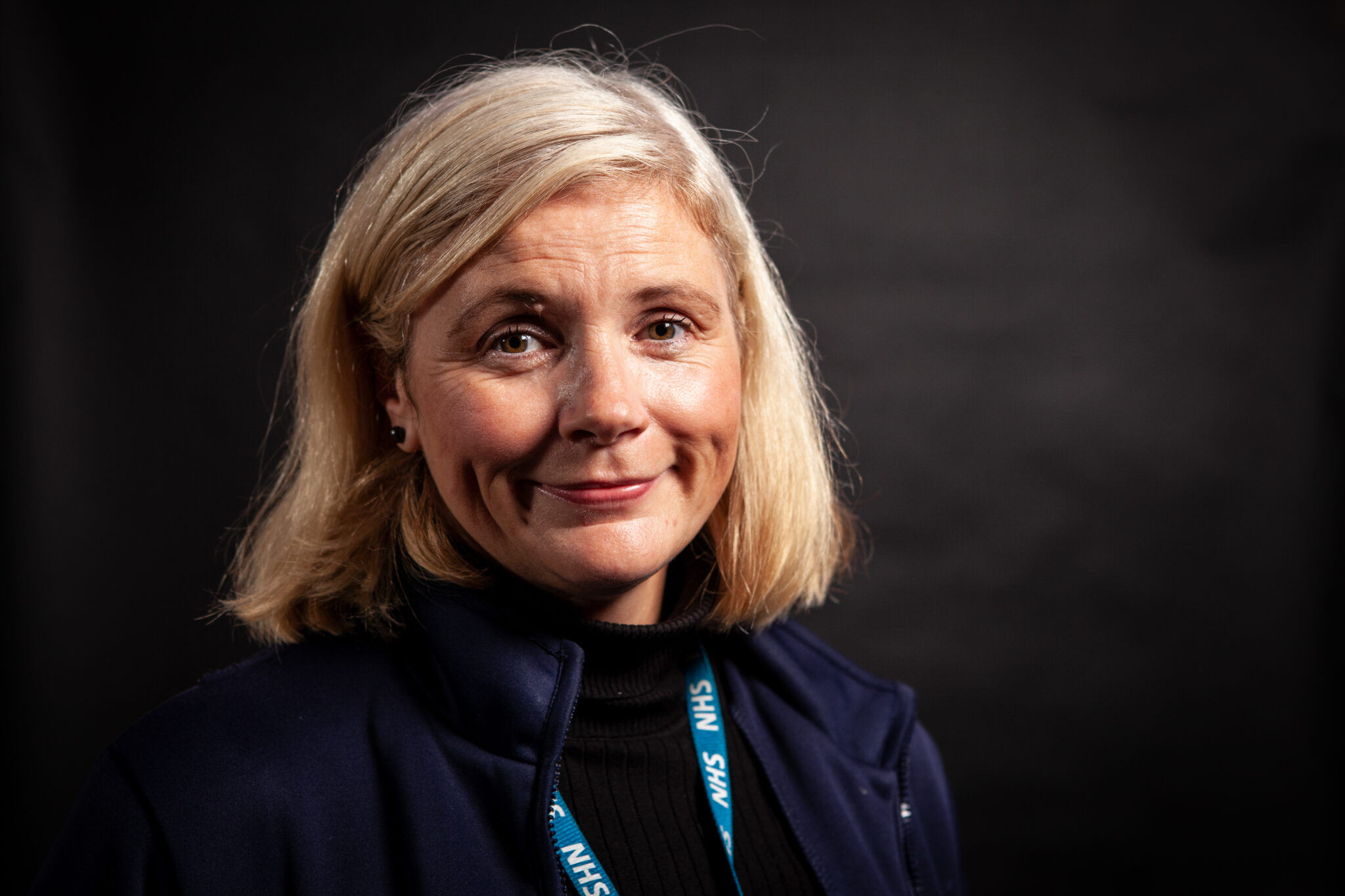Rachel Gardiner
Forensic Community Learning Disability Charge Nurse
NHS Borders

“The government were in the process of closing learning disability hospitals and investing more heavily in supported accommodation for the residents. It was a time of transition, some of the people in my town had never encountered people with profound and multiple learning disabilities.”
“Before I knew it, I was working the same job every summer. Seeing this profound need for change in the community and helping people access community groups was my passion. Finding out what people wanted to do and really introducing them to the wider community available to them.”
“It was attending an MDT meeting that I first came across learning disability nurses. I feel lucky every day that I was able to meet them, seeing their work encouraged to do my nurse training.”
“Now I get to be a part of the integrated team of nurses, social workers and psychiatrists in NHS Borders. Working together means we have a real appreciation for how hard we all work.”
“I now have a WhatsApp group dedicated to my discipline, that’s not something I had before. Immediate access to other professionals in my field of practice is invaluable”
“When you speak to Queen’s Nurses from other cohorts, they tell you to ‘trust the process’ and you really do have to trust. On the first day of our residential we discussed our group project and the criminal justice system; it was so full on we had to break early to take the time to process it. The following morning, we were given pompoms and pipe cleaners for an entirely different type of workshop, and yet the process works.”
“I was especially inspired by former prison governor Rhona Hotchkiss who taught me ‘If you want to get something done, work on the person who is most resistant and then adapt your presentation to pull them in’. Making change is really that simple. I didn’t see myself as a leader before but now I think, why not me?”